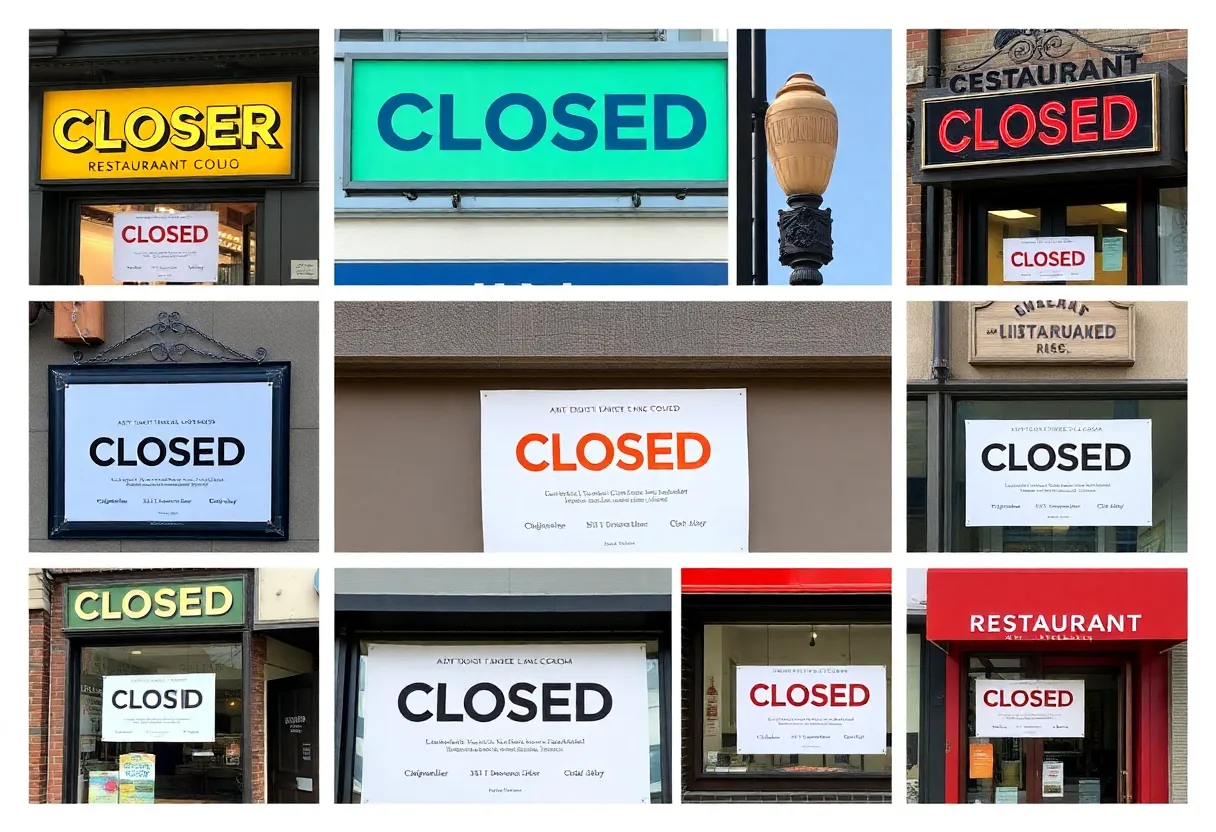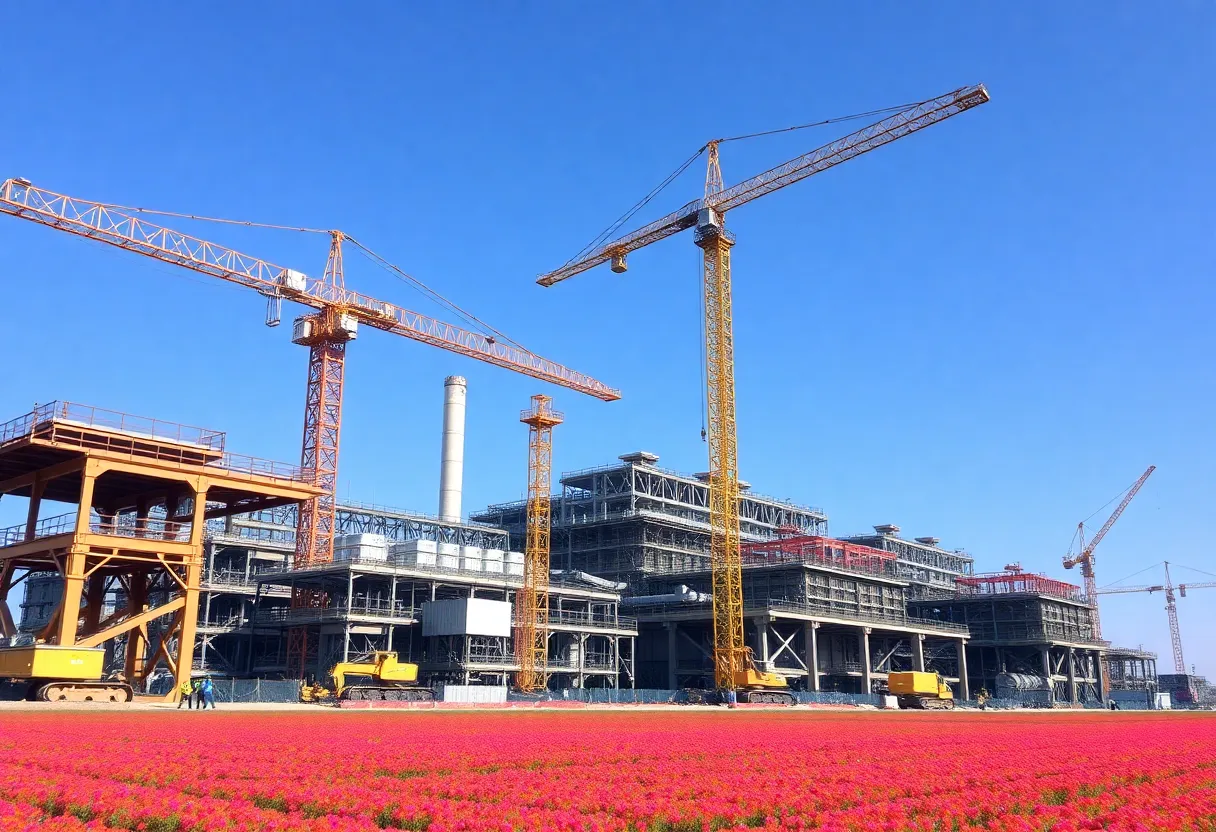News Summary
Austin’s culinary landscape is shifting as several restaurants and food establishments close, reflecting community impacts, financial strains, and changing consumer preferences. Notable closures include Biederman’s deli, the Dee Dee food truck, and Stinson’s bistro, with various reasons ranging from owner death and climate change to lease issues. The scene showcases both turmoil and resilience, with some establishments planning new ventures even amidst these challenges. This uncertainty highlights the evolving nature of the local dining industry.
Austin’s culinary landscape is undergoing significant changes as numerous restaurants and bistros have recently closed their doors, highlighting challenges within the local dining scene. The closures reflect a mix of community impact, financial strains, and evolving consumer preferences, creating a dynamic yet uncertain environment for Austin’s food industry in 2024.
Among the notable closures is Biederman’s, a Jewish deli that opened in Northwest Hills in 2017. The establishment ceased operations following the owner’s death, with no official statements or updates regarding the closure provided since.
The popular food truck Dee Dee, known for its Thai cuisine, announced via Instagram that it will close its current location at Radio Coffee and Beer. It plans to transition to a brick-and-mortar establishment at Leona Botanical Café and Bar later this summer, marking a new chapter for the business.
In another instance, a North Austin chocolate shop has announced its impending closure on May 31, attributing the decision to climate change’s adverse effects on cacao production. The South Austin location will also halt curbside pickup on June 20, although the brand is exploring possibilities to restructure and potentially re-enter the market in the future.
Additionally, Stinson’s bistro closed in May but is set to reopen as a food truck within the same neighborhood, maintaining its popular menu of coffee and breakfast tacos. The last location of Brass Tap, a beer bar, has also closed without providing an official reason.
Further disruptions in the culinary scene include the closure of a San Antonio seafood restaurant, known for its distinctive boat-shaped structure and 43-year history, which is planning to transform into a crab boil-focused establishment called Crab City. Meanwhile, 1417 French Bistro shut down operations due to redevelopment plans after three years of service.
A cocktail lounge, Ah Sing Den, ended its eight-year tenure, making way for a new restaurant called OKO. Similarly, Aviary Wine & Kitchen was unable to sustain operations and closed after just one year despite being acquired with revitalization plans, largely due to financial difficulties.
Highly regarded establishments like Baby Acapulco on Barton Springs Rd have closed, although others in the chain remain operational. Additionally, Bacalar, a Yucatán-inspired restaurant led by Top Chef winner Gabe Erales, closed within a year, attributing its struggles to financial constraints and customer perceptions as a special occasion venue.
A plant-based gastropub in Tarrytown recently shut down without providing specific reasons, while renowned chef Mashama Bailey decided to close two of her restaurants, Diner Bar and Grey Market, due to difficulties attracting local patrons.
Other closures include a popular bakery and beer garden on East Seventh Street, though other locations remain active. Elementary, an innovative global cuisine restaurant, unexpectedly closed after just a year, hinting at potential plans for a rework.
Further, a fried chicken joint ceased operations at its Burnet Rd. location, keeping other east-side locations open. Irene’s, a well-known brunch hotspot, closed its doors due to an expired lease, and a bar & grill in East Austin found itself closing after 12 years with no explicit reasons stated.
The Gulf Coast seafood truck, Huckleberry, has ceased its operations at Still Austin Whiskey, although it continues to offer catering services. Operational costs and redevelopment impacts led to the closure of Patika Cafe, while the Latina-owned café Revival Coffee closed due to leasing issues, marking the end of its local tenure.
Also significant within these changes is Salt & Time, which specialized in old-world butchery methods and recently closed after a successful period in operation. Several James Beard award nominees, local favorites, and concept restaurants have also been affected, underscoring a broader shift in Austin’s dining landscape.
As Austin continues to evolve rapidly, these restaurant closures reveal the challenges of rising operational costs, fierce competition, and changing consumer preferences that local culinary businesses must navigate. The future of Austin’s vibrant culinary scene remains uncertain, prompting both excitement and concern among food lovers and restaurateurs alike.
Deeper Dive: News & Info About This Topic
HERE Resources
Austin Bids Goodbye to Thom’s Market After Nearly Two Decades
New Office Opens in Downtown Georgetown
New Businesses Open in Round Rock
Georgetown Welcomes New Home2 Suites by Hilton
Austin’s Thai Kun Restaurant Closes Due to Rent Issues
Georgetown, Texas Shines as a Prime Suburb Choice
Round Rock Named One of America’s Safest Cities for 2025
Additional Resources
- Austin Monthly
- Wikipedia: Austin, Texas
- Austin Eater – April 2025 Closures
- Encyclopedia Britannica: Austin, Texas
- Statesman – 2024 Closures
- Google Search: Austin restaurant closures 2024
- Community Impact NW Austin
- Google News: Austin restaurant closures 2025
- Austin Eater – March 2025 Closures
- Google Scholar: Austin restaurant industry
Author: STAFF HERE GEORGETOWN
The GEORGETOWN STAFF WRITER represents the experienced team at HEREgeorgetown.com, your go-to source for actionable local news and information in Georgetown, Williamson County, and beyond. Specializing in "news you can use," we cover essential topics like product reviews for personal and business needs, local business directories, politics, real estate trends, neighborhood insights, and state news affecting the area—with deep expertise drawn from years of dedicated reporting and strong community input, including local press releases and business updates. We deliver top reporting on high-value events such as the Red Poppy Festival, Georgetown Swirl, and Christmas Stroll. Our coverage extends to key organizations like the Georgetown Chamber of Commerce and the Downtown Georgetown Association, plus leading businesses in manufacturing and tourism that power the local economy such as local wineries and historic downtown shops. As part of the broader HERE network, including HEREaustin.com, HEREcollegestation.com, HEREdallas.com, HEREhouston.com, HEREgeorgetown.com, and HEREsanantonio.com, we provide comprehensive, credible insights into Texas's dynamic landscape.






